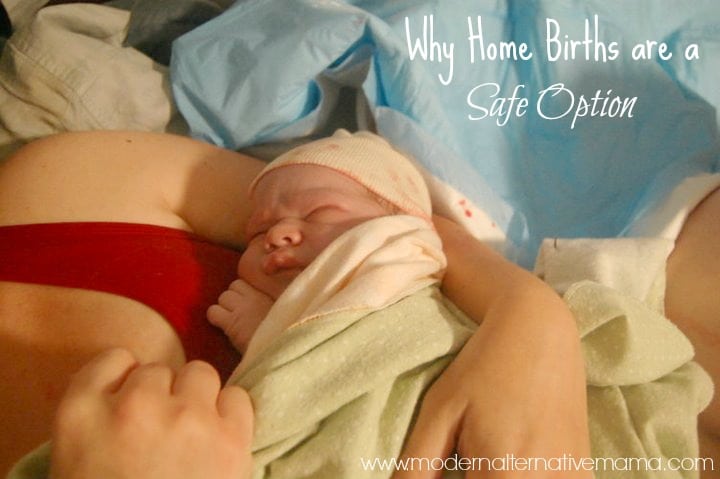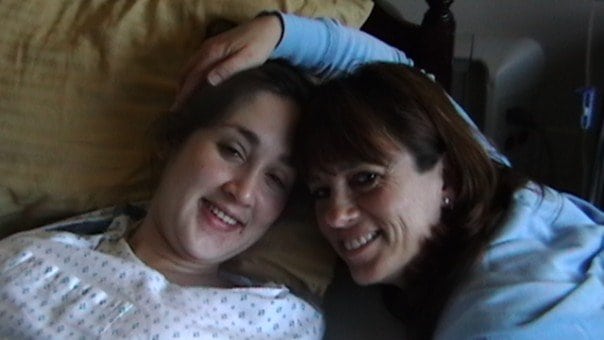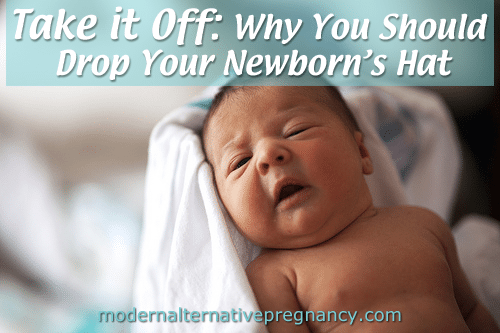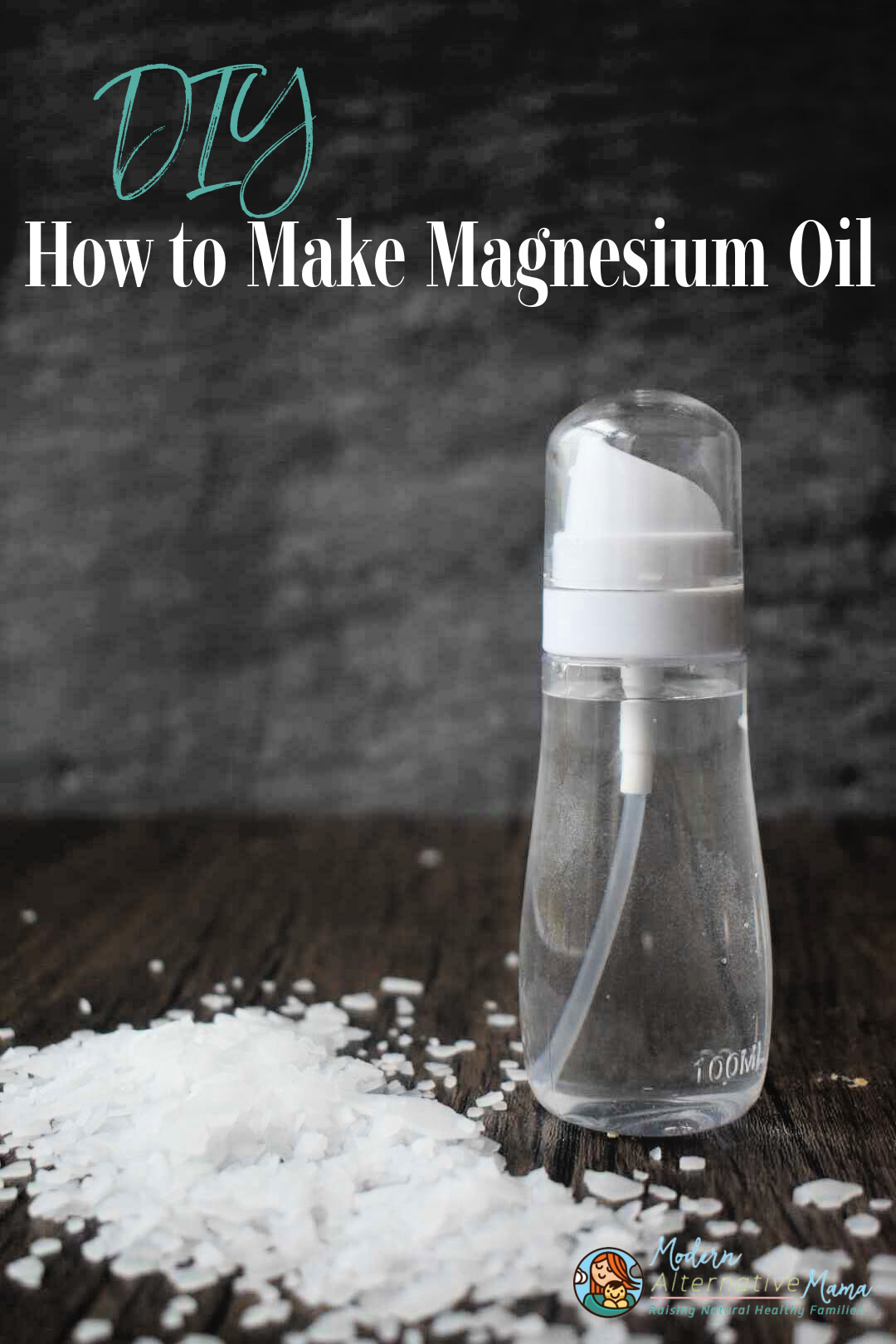The debate about home birth has really heated up in the last few years. There are passionate advocates both for and against home births. These advocates go back and forth forever, debating the evidence (which is actually largely lacking, for reasons I’ll discuss in a bit).
The main problem with this is that the anti-home-birth advocates are trying to take away a woman’s choice and right to informed consent, without being fully honest about the situation. Women who desire a low-intervention birth deserve to know what’s out there — which is why I’m presenting it today.
What is the Evidence For and Against Home Birth?
The main “evidence” against home birth is the so-called Wax study, which purports to show a tripled rate of neonatal death for planned home births vs. hospital births (which they blamed on a lack of medical intervention). However, the Wax study is deeply flawed. Here’s one medical critique (it alleges they included/excluded study data poorly, did not define terms properly, used incorrect numbers for their analysis, and much more). There are a number of other critiques that exist, but that is the best one.
Unfortunately, many anti-home-birth activists flat-out ignore the massive problems with the Wax study (which almost got retracted, and has had several professionals call it into question) and continue to cite it as if it were fact. That’s incredibly sad. One has to wonder if these advocates are more interested in controlling other peoples’ choices than in doing accurate and unbiased science.
(And even if the study were accurate, the absolute risk in a home birth setting is still less than 1 in 1000 neonatal deaths. But it’s not accurate.)
Meanwhile:
- This study shows no specific benefit to hospital over home (or vice versa) for low-risk women
- This study shows increased benefits to home births for low-risk women
- This study shows no specific benefit to hospital vs. home for low-risk women
- This study shows slightly better outcomes for babies born at home
- This study shows slightly better outcomes for low-risk women at home (and slightly worse for higher-risk women, which is to be expected)
There is currently no evidence (besides the flawed Wax study) that home birth is more dangerous than hospital birth for low-risk women. Yet, many anti-home-birth advocates continue to cite it. Looking at the “studies” produced since 2011 (when the Wax study came out) is eye-opening, because most aren’t studies at all, but are opinion-based articles from physicians on the “ethics” of attending or dealing with women who want home births. Effectively, those who were and are biased against home birth have grabbed onto the Wax study, chosen to ignore its fatal flaws, and have insisted upon demonizing home birth and women who choose it. This is not evidence-based and is highly unprofessional.
Interestingly, even the highly flawed Wax study noted that women and babies had better outcomes in basically every way at home, except neonatal death. They had fewer interventions, less need for epidurals, c-sections, better respiration, and more.
This study also supports that, saying: “Hospital based deliveries increase the difficulties for transition for many fetuses because of the frequent use of Cesarean sections, deliveries prior to the onset of labor, rapid clamping of the cord, and the anesthetics and analgesics associated with these hospital deliveries.”
The Problem with the Evidence
Ultimately, there’s one major flaw in all of this evidence: the women aren’t randomly selected. And they can’t be.
It would be unethical to do a study where women are randomly assigned to birth in a particular location, because each woman (typically) has specific ideas about how she wants birth to be — whether she definitely wants an epidural, or wants no interventions whatsoever. We can’t do a large-scale trial of low-risk women who have been randomly assigned.
This leads us to rely on studies of births that occurred in the location of the mother’s choice and compare and contrast the outcomes, knowing that the outcomes for home births will likely be better simply because high-risk women don’t select home birth. Women who become high-risk do not stay at home, in most cases, either — they transfer to the hospital.
The transfer rates of “failed” home birth are considered by anti-home-birth advocates to be evidence that home birth is dangerous. In fact, that is not the case. Transfer rates indicate that both mothers and their caregivers were aware of signs of trouble, and that caregivers were aware of the limits of their scope of care, and were willing to transfer a mother and/or baby in need for the best outcome. That is exactly how home birth is supposed to work.
Interestingly, women are simultaneously criticized for not transferring care at times. Basically, women can’t win against these anti-home-birth advocates. Either they’re irresponsible for not choosing hospital-based care in the first place and “don’t deserve” care in the event they need it, or they’re “giving up” by transferring in the face of real need. Either way seems to point to home birth “failure.”
We’ll never know, for sure, which situation is truly “less risky” on the whole. We can say that we know that for women who self-select home birth, the risks are not greater at home than the hospital.
What to Do About Home Birth
Women who are interested in home birth should be encouraged to pursue the option. They should have access to safe midwives who can provide quality care (both CNMs and CPMs). They should be informed about their personal risk profile, based on health history, family history, and how their pregnancy is progressing, and advised on whether or not home birth is a safe option for them.
(Some of the midwives in my area will not see patients with specific risk factors, like previous hemorrhage, placenta previa, uncontrolled diabetes, and more.)
Women need to be treated with respect as they make conscious, well-thought-out decisions for themselves and their babies. Choosing home birth is not dangerous.
Anti-home-birth advocates purport to be about “saving babies,” but they’re not. If they were, they would advocate instead for better access to alternative care, better education about birthing options, better education about personal risk factors, and more. They would empower women to choose the best situation for themselves and their babies. Instead, they attempt to tell women what they “must” do and call them selfish if they choose otherwise. They are anti-woman and anti-baby.
If you are interested in home birth, seek midwives in your area. Ask questions about their practice, and make sure their answer jibe with what feels right to you. Some women prefer a more hands-on midwife, and others prefer a more hands-off experience. Your mama instincts cannot be discounted.
Of course, if you strongly do not feel comfortable at home, then you should not choose home birth. Plenty of low-risk women simply feel more comfortable in a birthing center or hospital, for whatever reason. If that is you, you do not owe anyone an explanation for your choices. You are not “less natural” because you choose to birth in these locations instead. There can be a bit of a push-back from home birth mamas at times, who state that home is the best or safest location for “all” low-risk women, when this is not the case. Again — your mama instincts matter.
Bottom line? It’s your choice when, where, and how you birth. There’s no strong evidence to say that there is one “best” way. (Only that less intervention is generally better, barring medical need.)








I’m planning my 2nd home birth in 6 weeks. Third child. First was born in the hospital 9 years ago and what an awful experience. Yes, I got my healthy baby. But what I had to go through for it was terrible.
I knew in the hospital the next day if I had anymore babies things would be different. I would not get the epidural and pictocin and put up with a rude nurse.
My 2nd birth was 8/2014 at home with two midwives and my husband. A completely different experience and one that I wish I could re-live.
I realize its not for everyone and I never suggest it. I encourage women to birth where they would feel the most comfortable and to understand what the risk are with interventions. They should be supported on their choice.
Nice write up Kate.
Hi there,
My name is anna and I’d love to get in contact with you to chat about your story more. I had my first at the hospital even though I absolutely didn’t want to. The experience was beyond terrible. And I to decide I will no longer be pushed into doing something I do not want with my birthing process. And I will not be having another hospital birth. I had no support from my husband with me wanting to have baby at home. I’m currently about a month pregnant with our second and want to do as much research and learning as possible and find a midwife who does home births in my area. My husband is actually not opposed to it this time. Was wondering if there is some information advice you could give me. Would be much appreciated!
Great post! I have never had a home birth myself, but I am a big advocate for parents being able to chose the best birthing option for their families. I had a typical hospital delivery with my first and learned a lot. (None of my pregnancies have been completely low risk, so it’s the hospital for me). With my second, I knew so much more and was able to advocate for a more natural birth experience while in the hospital. I’m looking forward to my third one coming up soon! I would love to see a post sometime about advocating for yourself in the hospital (i.e. no IV, initial APGAR assessments performed while you hold the baby, delayed cord clamping, Dad providing kangaroo care in the event you have an emergency c-section, etc.). Praying you have a great delivery!
I have a friend who is a midwife, and while she’s a strong advocate for at-home births, she understands that some women don’t feel comfortable at home during this time. If that’s the case, by all means a hospital would be able to help you. I don’t know if I want children, but if I do, I’ll have to do more research myself to find out what would be the best fit for me. Thanks for sharing.
[…] doesn’t have to be this way. Twins can be born safely vaginally and at home. You’ll have to be checked carefully and it’s best if you are located near a hospital […]
My first was in a hospital – what a HORRIBLE experience it was!!! If I had known then what I know now…………
Second child (17 years later!) born at home. Great experience! Comfortable setting, just my husband & me & the mid wife. I would recommend anyone considering home birth to READ READ READ!!! Women have been giving birth forever; so unless you have a major health problem, DO IT!!